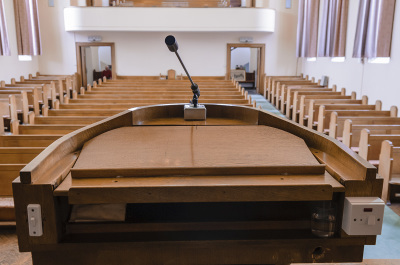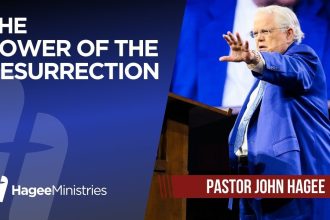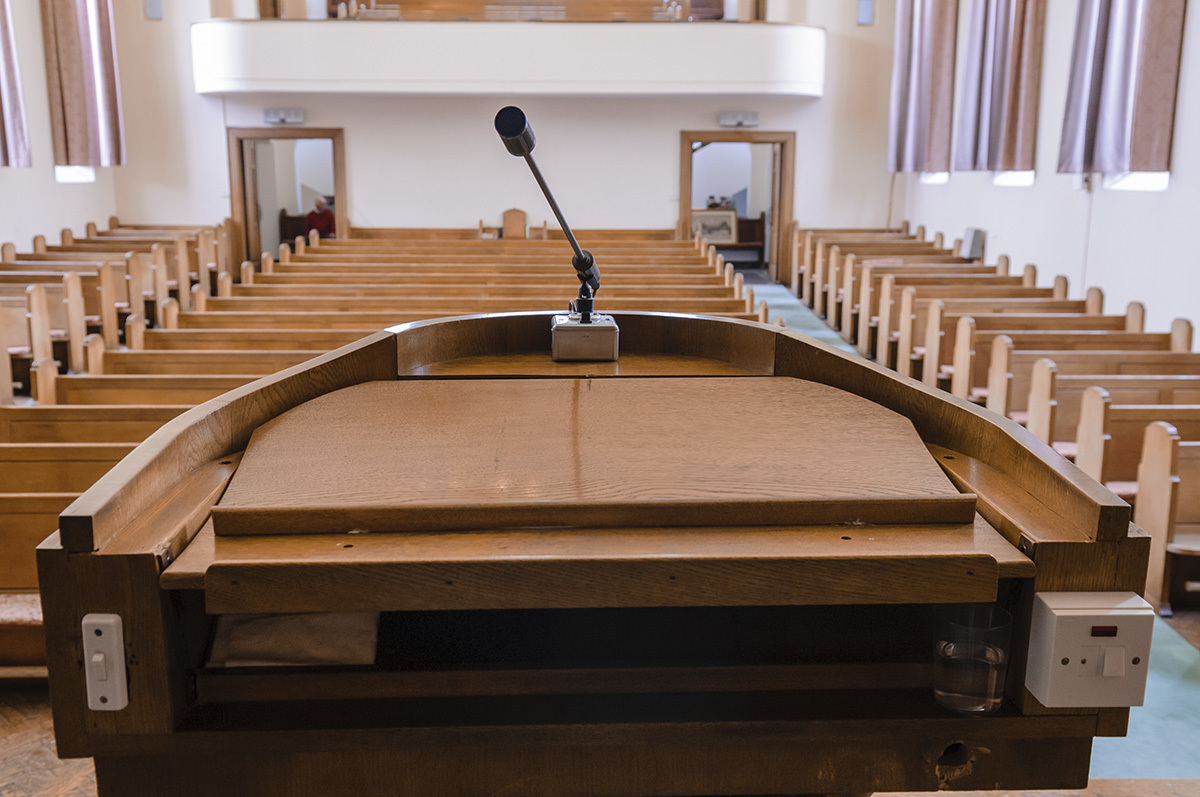
The ad made me smile at first.
Then, I realized my reaction was wrong. The church ad said it was seeking a full-time pastor and provided the following information. My response should have first been sadness. It was yet one of many churches that are unrealistically seeking a full-time pastor.
This ad was modified to preserve anonymity. But the facts are common in many churches:
Our church is looking for a full-time pastor. We have been without a pastor for over two years. Our town is growing, so we believe it will be a great opportunity for a pastor to lead us to growth.
Our average worship attendance before COVID was 88. Our current average worship attendance is 22.
The salary for the pastor is $34,000 annually. Please contact us directly if you are interested.
The median household income in this community is $64,000, but for families with a head of household between the ages of 25 and 44, the median income is $86,000.
Yes, this church will struggle to find a pastor, but there is more to it than just the pastor’s salary. If this church is typical, there will be six primary reasons the congregation will not find a pastor. Let’s look at each of them.
Yes, the pay is not reasonable
Most pastors are underpaid. Most full-time pastors are underpaid. Most pastors could get a secular job with much better compensation. But churches should not try to find the cheapest person available.
To be fair to the church noted above, they are likely offering the best salary they can because of their size and decline. But they should not expect a full-time pastor with that pay. According to our research, full-time pastors work 58 hours a week. The church above is, therefore, offering $11.27 per hour.
Churches think that the past can be repeated
This church had full-time pastors in its relatively recent history. Indeed, a church of 88 average worship attendance likely has the funds to modestly compensate a pastor to work full-time. I get it. They long for the good old days.
No church should live in its past. While the Word of God is unchanging, the world around the churches has changed dramatically. It is time for the church above to think outside of the box.
A parsonage is rarely a solution
Some churches have a parsonage. They rightly view the parsonage as “in-kind pay.”
Realistically, though, most pastors do not want to live in a parsonage. The family who moves into the parsonage is commonly restricted in what they can do to the house. The pastor does not build any equity since the church owns it. The parsonage rarely comes close to what the pastor’s family would choose if they bought their own home.
As a personal note, when I was a pastor in Florida, my family and I lived in a parsonage. The church graciously paid our electric costs as well. One day, an influential church leader showed up at our (their?) home to tell us that our electric bill was too high. He asked to look around to find the problem. He concluded that we were using our dryer too much with three young children. He told us to stop using the dryer. They would put up clotheslines in the backyard.
Fortunately, another church member intervened. He had a professional look at our home. He found that the old HVAC was not functioning well. It was replaced, and the electric bill went down significantly.
A new pastor is perceived to be a silver bullet
Though I don’t know for certain, I would not be surprised if the church above thinks that a new pastor would solve all of their challenges. We refer to that attitude as “the silver bullet syndrome.” Ironically, the term originated from folklore, where silver bullets in a gun were the only weapons capable of killing a werewolf.
There is so much more I could say about churches, pastors, and werewolves. I will not yield to the temptation to do so.
There are fewer pastors available
The demographics are obvious. The Baby Boomer generation, the largest generation in U.S. history, provided more pastors than any previous or succeeding generations. But Baby Boomer pastors are dying and retiring. Younger pastors are not replacing them. The numbers of pastors in Gen X, the Millennials, and, especially, in Gen Z are dramatically lower. Simply stated, there are fewer pastors available, especially full-time pastors.
We are following the trends on the median age of pastors in the United States. Our data indicate that the median age just hit 60 years old. That information speaks volumes about the paucity of available pastors.
Too many churches do not think outside the box
Churches seeking full-time pastors often do not know another paradigm, nor do they see a new solution. But the possible solutions mean that the members of the church must do the ministry of the church. That’s not a bad thing!
The most common solution is the bi-vocational pastor, a solution that has existed for 2,000 years. Sadly, churches with bi-vocational pastors have often been perceived as second-class churches since they can’t afford a full-time pastor. Frankly, our team has worked with bi-vocational churches that are impacting their communities in extraordinary ways. When the laity are equipped and unleashed to do the work of ministry, churches get healthier.
We coined the second solution as “co-vocational.” It is a term that we prefer to “bi-vocational” for several reasons. First, “bi” means “two.” A bi-vocational pastor is a person who holds a church job and one marketplace job. But many pastors have multiple side gigs, not just one. “Co-vocational” thus includes pastors with one or more jobs in the marketplace.
We believe that “co-vocational” will communicate a new paradigm, whereas “bi-vocational” may have some baggage. We work with a number of pastors and staff who kept their marketplace jobs while accepting a part-time position in a church. They have embraced the term “co-vocational.”
A third solution is the circuit rider pastor, meaning that the pastor serves two or more churches. The circuit rider pastor originated largely in the Methodist tradition, where pastors would ride horseback along designated circuits to preach and lead churches largely in rural areas. These pastors played a vital role in the spread of Christianity in the United States.
Here is my bottom line. While we are entering a new era for churches in the United States and beyond, I see it as a new era of opportunity rather than problems. And it is this new model for pastors and staff that will likely play a significant role in this exciting future.
Originally published at Church Answers.
Thom S. Rainer is the founder and CEO of Church Answers, an online community and resource for church leaders. Prior to founding Church Answers, Rainer served as president and CEO of LifeWay Christian Resources. Before coming to LifeWay, he served at The Southern Baptist Theological Seminary for twelve years where he was the founding dean of the Billy Graham School of Missions and Evangelism. He is a 1977 graduate of the University of Alabama and earned his Master of Divinity and Ph.D. degrees from The Southern Baptist Theological Seminary.








